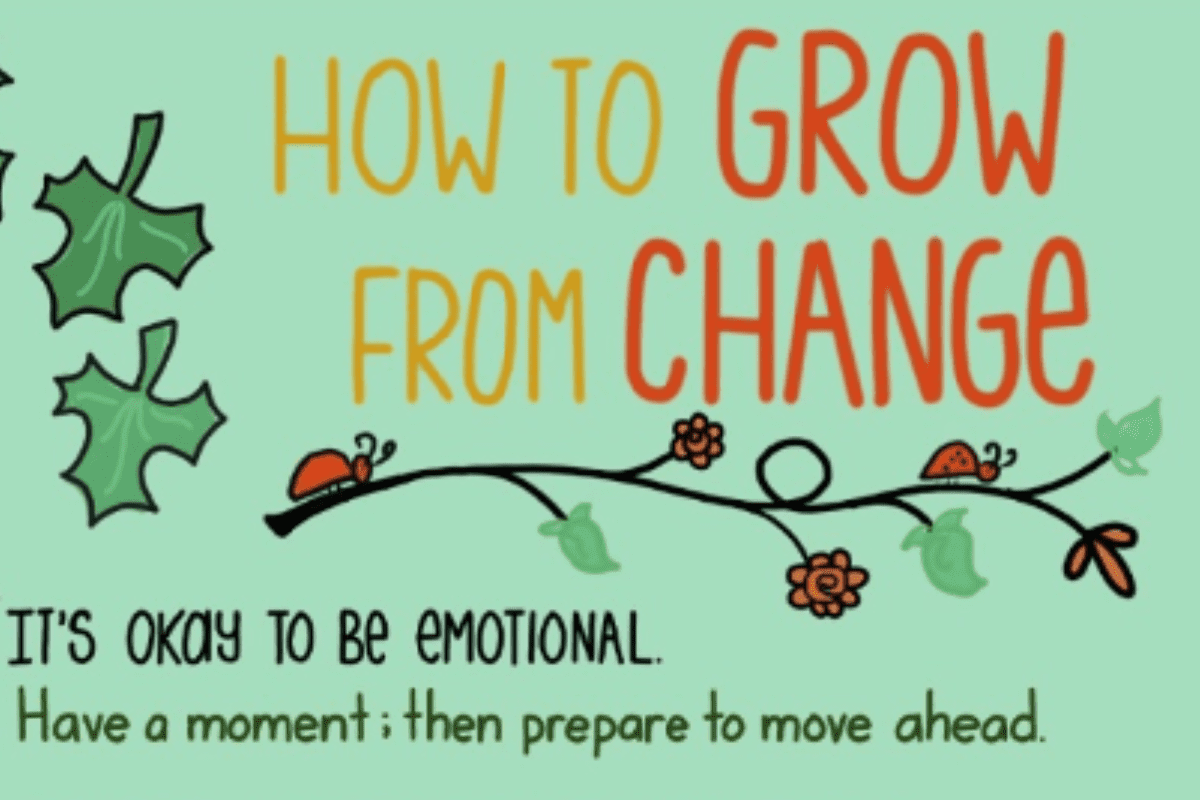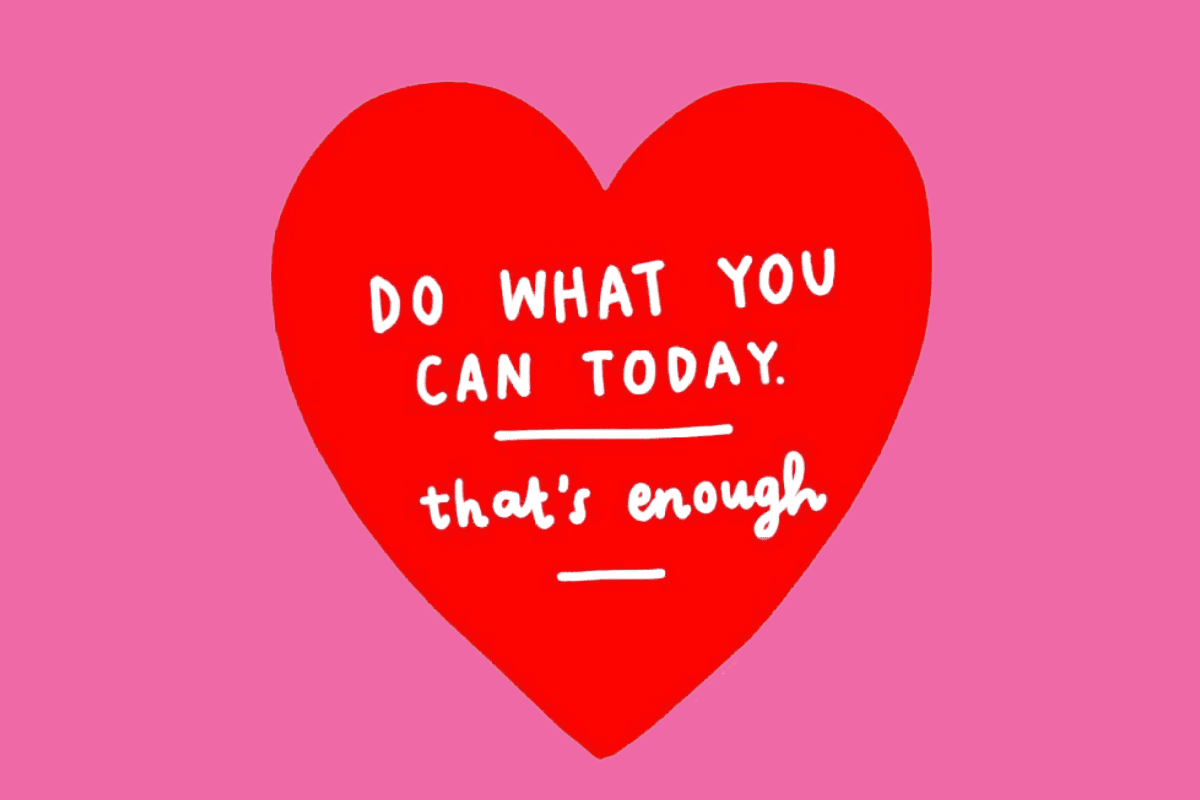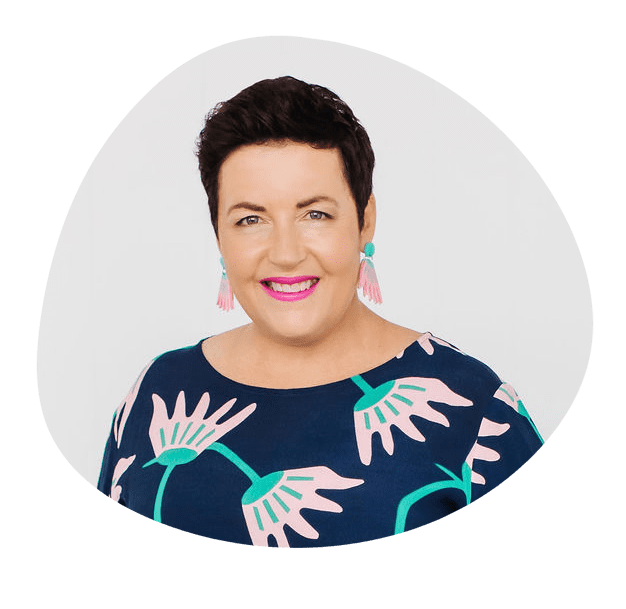~ Brandon A. Trean
I was speaking with one of my coaching clients last week. Her business disappeared overnight and she’s found the last couple of months very stressful. She’s also gained more clarity for what she wants from her life as we emerge from lockdown and create our own new normal.
She said, “I feel exhausted – how am I going to come out of this, I don’t want to go hard coming out of lockdown to set my business up again because I can’t sustain it, I don’t have the energy.
“I’ve realised that school drop off and pick up feels like going to the boxing day sales every day, it really stresses me out every day, I need to do something about it.
“I’ve had some time to think how am I going to work smarter, not harder. The way I was living before was not good for my well-being. It’s become really clear to me that a rested and healthy me is going to be much better going forward. I want to be more available to my kids as they get older. What is my Plan B?
“I’ve got to make my life work for me and not the other way around.”
I love working with leaders, teams and individuals to provide them with the tools and processes to crack their own unique code that unlocks high performance.
This question of, “How can I make my life work for me and not the other way around?” is on the minds of many leaders I’m working with. There’s a sense that right now that there is a real opportunity to be proactive and set up our workplaces and work practices differently. Setting yourself up for success by making your life work for you is key to high performance.
I’ve been using a simple tool of Keep, Start and Stop to help leaders and teams reflect, review and re-think the way they work and to plan for post-lockdown. Some examples from a regional leadership team I worked with this week were:
- What do we want to keep doing? (e.g. experimenting with technology, prioritising our staff’s well-being; being flexible)
- What do we want to start doing? (e.g. do more leadership meetings on-line; create personalised working environments as each staff member is different)
- What do we want to stop doing? (e.g. the need to be physically in the office five days a week; standard 9-5 workday; driving everywhere for meetings)
“Learning from an experience like this comes from reflection. As people come out of this crisis and start coming back to work, the first thing that I would do is have a discussion about what everyone learned from the experiments they ran. Some of those experiments were by force, others were by choice, but we’ve all had to test out different routines and the way we work.
“I’d want to hear what everyone tested out, what worked and what didn’t, and then keep evolving what we thought were our best practices in light of that. That would be something that you continue doing. Last I checked, experiments are the best way to learn.”
The final word from my coaching client once she had undertaken a reflection process about what she wanted to keep, start and stop doing in her business and in her life generally? She said, “Maybe the things that we’ve been conditioned to think are important aren’t that important. I have problem solving skills and the mindset to adapt. If I can get through this I can get through anything.”
Some questions for reflection:
- As a leader, whether that be of a team, of a family or of your own life, are you scheduling time for reflection?
- What experiments have you been conducting? What have you learnt from the things that worked and the things that didn’t?
- How can you re-design your work life to make it work for you and not the other way around?
- Are you having these discussions with your team and undertaking this reflection with yourself? If not then perhaps it’s worth checking in, listening to your staff, learning from your collective experience and co-creating a new way to work. All the research shows that happier people are higher performing so this conversation could be worth its weight in gold for your productivity, results, outcomes and people.
Good luck and I’d love to hear what you decide to keep doing, start doing and stop doing.
If you need any help in facilitating a conversation with your team or undertaking your own personal reflection as part of a coaching process then please let me know.






